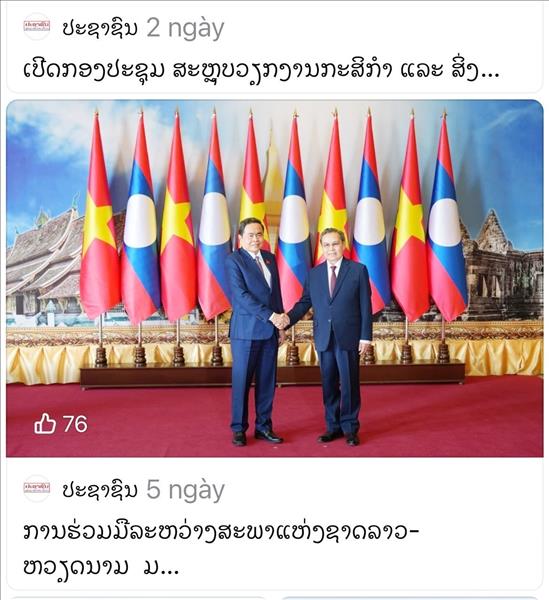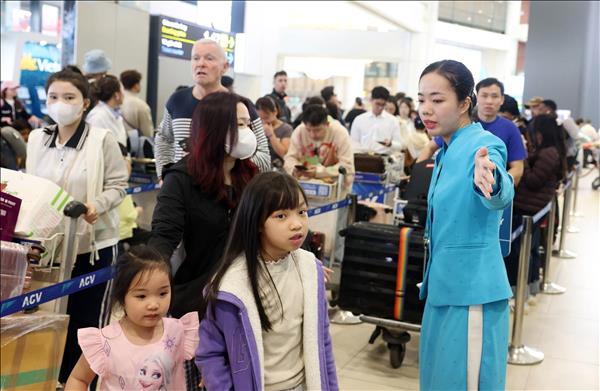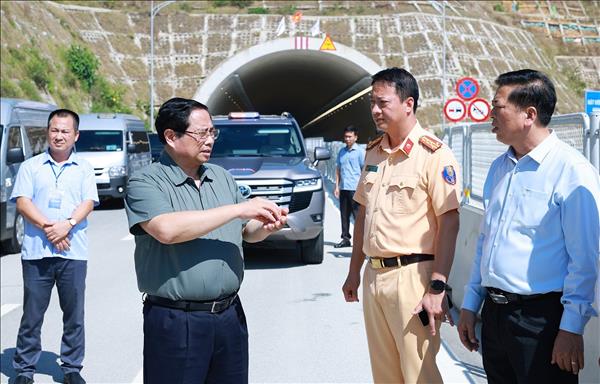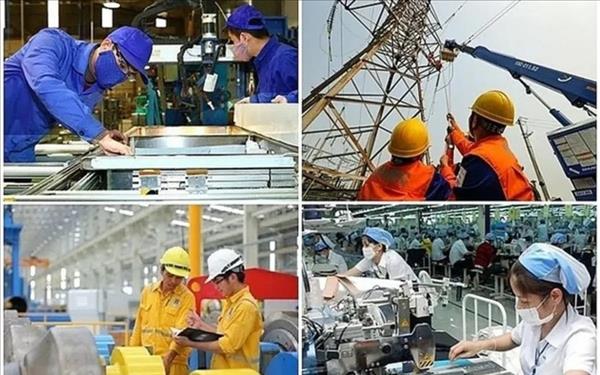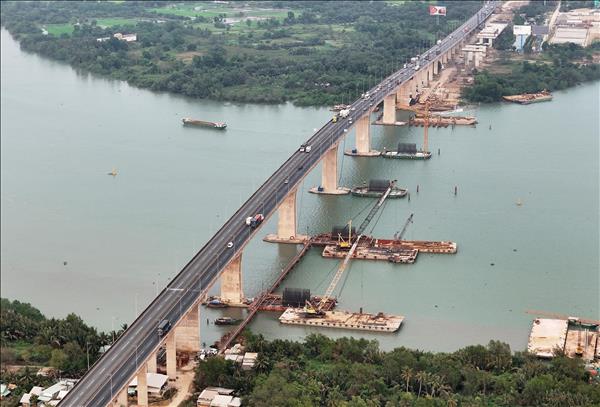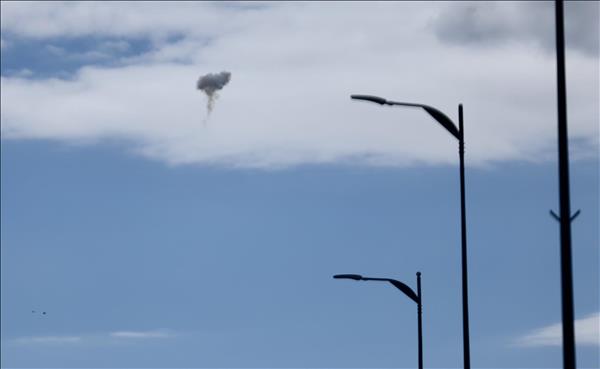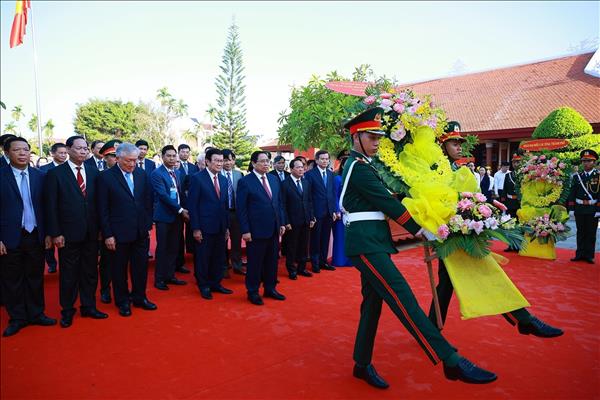Attending the ASEAN-China Foreign Ministers’ Meeting in the framework of the 52nd ASEAN Foreign Ministers’ Meeting (AMM-52) in Bangkok, Minh also stressed the actions seriously threaten legitimate rights of coastal countries, erode trust, and worsen tension, thus hurting peace and stability in the region.
Minh took note of the progress in the negotiations of the code of conduct of parties in the East Sea (COC) while reiterating ASEAN’s consistent stance on the importance of enhancing confidence, non-militarisation, preventing actions that complicate the situation, and upholding international laws, including the 1982 United Nations Convention on the Law of the Sea (UNCLOS 1982), towards achieving an effective COC.
Highlighting the strategic significance of the ASEAN-China relations, the official affirmed that Vietnam will join hands with other ASEAN member states to promote the partnership and collaboration between the sides, especially in the fields of mutual interest like economy-trade-investment, sustainable development, response to the Fourth Industrial Revolution (Industry 4.0), and people-to-people exchange, among others.
At the event, ASEAN and Chinese foreign ministers discussed recent developments in the East Sea, many of them underlined the importance of building trust as well as ensuring peace, stability, safety and freedom of navigation and aviation in the waters.
The ASEAN ministers emphasized the necessity to uphold and comply with international laws, including the UNCLOS 1982, the Declaration on the Conduct of Parties in the East Sea (DOC), toward perfecting an effective COC.
Regarding the ASEAN-China relations, they spoke highly of the positive developments in the comprehensive ties in various sectors. Both sides agreed to continue efforts towards 1 trillion USD in trade value and 150 billion USD in investment by 2020, as well as boost cooperation in potential areas of digital economic development, e-commerce, innovation and response to the Industry 4.0, and sustainable development.
They hailed initiatives at the 22nd ASEAN-China Summit in 2018 on smart city development, boosting media exchange and integrating ASEAN Connectivity master plan with the Belt and Road Initiative (BRI).
They pledged early completion of the Regional Comprehensive Economic Partnership (RCEP) and support for law-abiding multilateral trade.
On the occasion, they officially launched the ASEAN-China Young Leaders Scholarship Programme, and reached consensus on stepping up cultural and people-to-people exchanges.
They were also unanimous about discussing and building the ASEAN-China Action Plan during 2021-2025.
VNA/VNP

